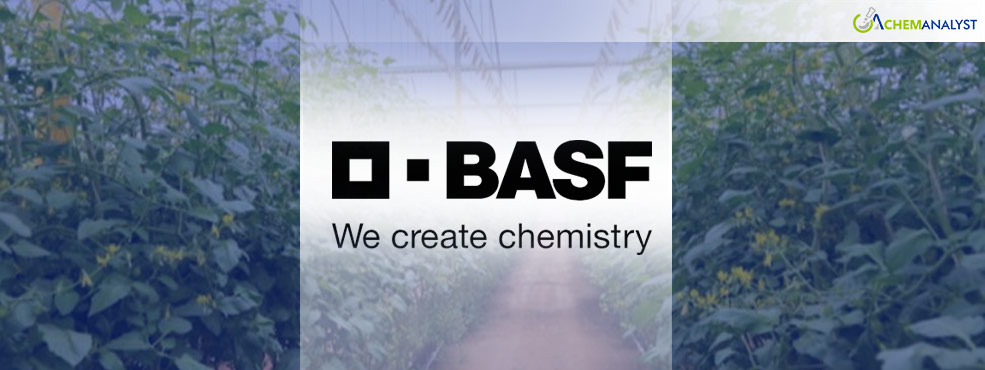Welcome To ChemAnalyst

BASF has introduced ecovio 60 IA 1552, a certified industrial compostable biopolymer designed for manufacturing black and white plant clips. These clips provide a sustainable solution for fastening crops such as tomatoes, cucumbers, and peppers in commercial greenhouses. Combining strength and flexibility, the clips maintain high performance throughout the crop cycle while being certified compostable under EN 13432 standards. After harvest, they can be collected with plant residues and composted in industrial facilities, depending on local regulations, effectively preventing persistent microplastic contamination from conventional polyethylene (PE) or polypropylene (PP) clips. This solution contributes to circular agriculture by converting green waste into valuable compost.
The ecovio 60 IA 1552 clips are engineered to endure diverse horticultural environments, including fluctuating temperatures, humidity, and UV exposure, making them suitable for various climate conditions. Farmers benefit from reduced waste management costs, as these clips do not require separate disposal—unlike non-biodegradable alternatives.
Proven Industrial Compostability
Industrial-scale composting trials conducted by Dutch waste management firm Renewi in Hook of Holland confirmed that ecovio clips biodegrade within six weeks of each crop cycle under ISO 2020 standards. Johan van Paassen, Head of Recycling at Renewi, emphasized that BASF’s compostable clips enhance organic waste collection while reducing landfill dependency. “This innovation aligns with our commitment to a circular economy, ensuring responsible waste management and material repurposing,” he stated.
For clip manufacturers, ecovio 60 IA 1552 serves as a drop-in solution, meaning it can be processed using standard PE or PP manufacturing equipment. The biopolymer is also FDA and EU-approved for food contact, ensuring safety for agricultural applications.
Antonella Pizzolante, from BASF’s Biopolymers global business management team, highlighted the environmental and economic benefits of this innovation. “Our compostable clips help farmers enhance the sustainability of their horticultural operations while improving compost quality. By partnering with Renewi, we have demonstrated the biodegradability of these clips, reinforcing sustainable farming practices and supporting soil health,” she explained.
Expanding Biopolymer Solutions in Agriculture
Ecovio 60 IA 1552 complements BASF’s broader biopolymer portfolio designed to reduce plastic waste in agriculture. The ecovio T 2206 biopolymer enables the production of black compostable twines, suitable for greenhouse cultivation of fruit and vegetables under diverse climates. These twines maintain high durability throughout the crop cycle and can be composted alongside plant residues, eliminating disposal challenges.
Additionally, BASF’s ecovio M 2351 offers a certified soil-biodegradable alternative to traditional PE-based mulch films. These films improve crop yield, water efficiency, and herbicide reduction, while biodegrading naturally in the soil, preventing microplastic pollution. Farmers can plough them back into the ground, reducing labor costs and promoting soil health.
By advancing biopolymer technology, BASF continues to drive innovation in sustainable agriculture, ensuring efficient resource use and environmental responsibility in food production.
We use cookies to deliver the best possible experience on our website. To learn more, visit our Privacy Policy. By continuing to use this site or by closing this box, you consent to our use of cookies. More info.
